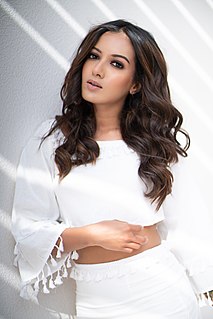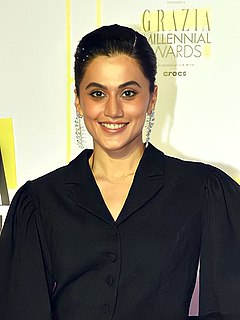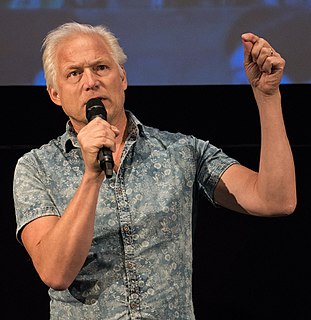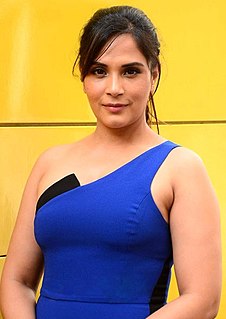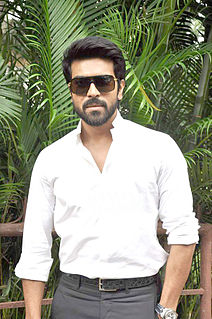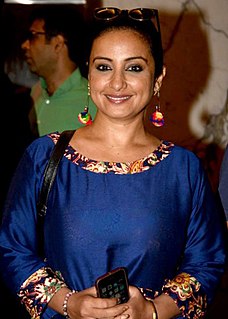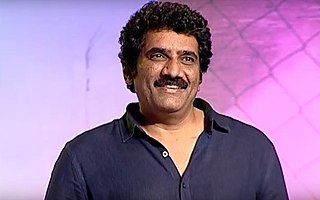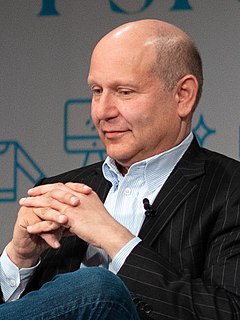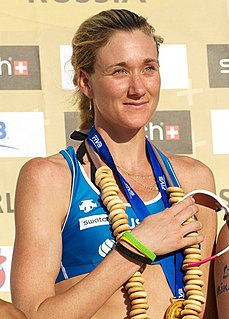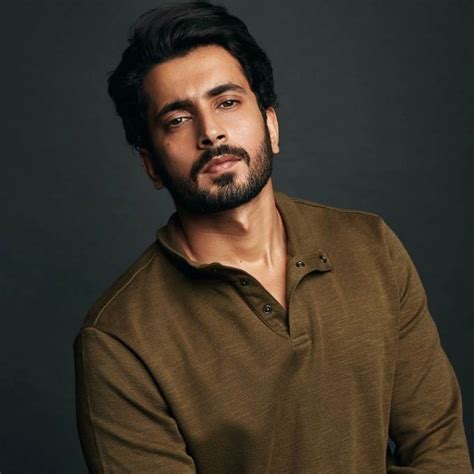A Quote by Catherine Tresa
I look at my role and how important it is for the film. For instance, my role in 'Sarrainodu' was very much appreciated.
Related Quotes
I got into film in an odd way - when I was 17 years old I participated in a Swedish film as an actor. I think every person at that age should get a role in a film, because during that time you want acceptance, and when you have a role in a film you become an important person. I think about that now, and that was my fantastic starting point.
I had to audition for Fandango. When I read the script, the role that was interesting - so everyone thought - was the role that Costner played. He was the cool guy. And I read the script, and my representation at the time said, "That's the role you should read for." And I was like, "Really? How about I read for this other role." And they went, "Well, you're not going to get that role."
I was a glamorous actress in Mumbai. I had done Sanjay Gupta's 'Musafir.' I wanted to know how Buddhada thought of me in the role of Supriya, Rahul Bose's unhappy wife in 'Kaalpurush.' It needs a visionary film-maker to see an actor in a role that seems very removed from her real personality or on-screen image.
